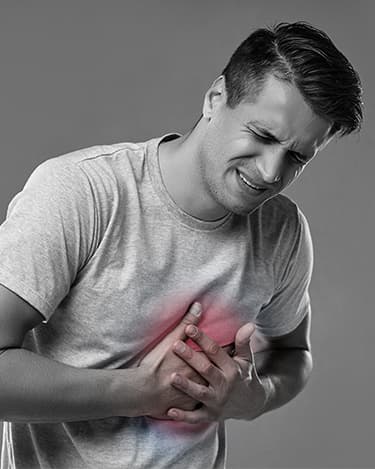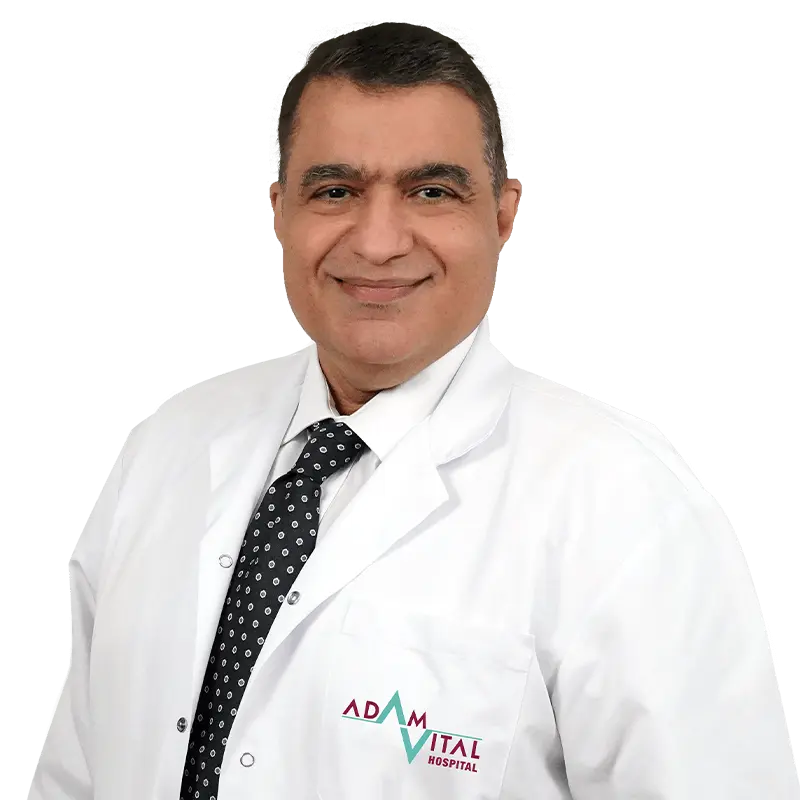Cardiology
Cardiology deals with a range of conditions affecting the heart. Cardiovascular disease affects the structure and functioning of the heart. Blood vessels and heart disorder include cerebrovascular disease, peripheral arterial disease, rheumatic heart disease, heart infection, heart valve disease, congenital disease, coronary heart disease and strokes.
Risk factors
Risk factors for developing heart diseases include unhealthy diet, tobacco consumption, physical inactivity, family history, narrowed and weakened arteries, gender, intake of nicotine through smoking, high blood pressure, atherosclerosis, diabetes, and unrelieved stress.




